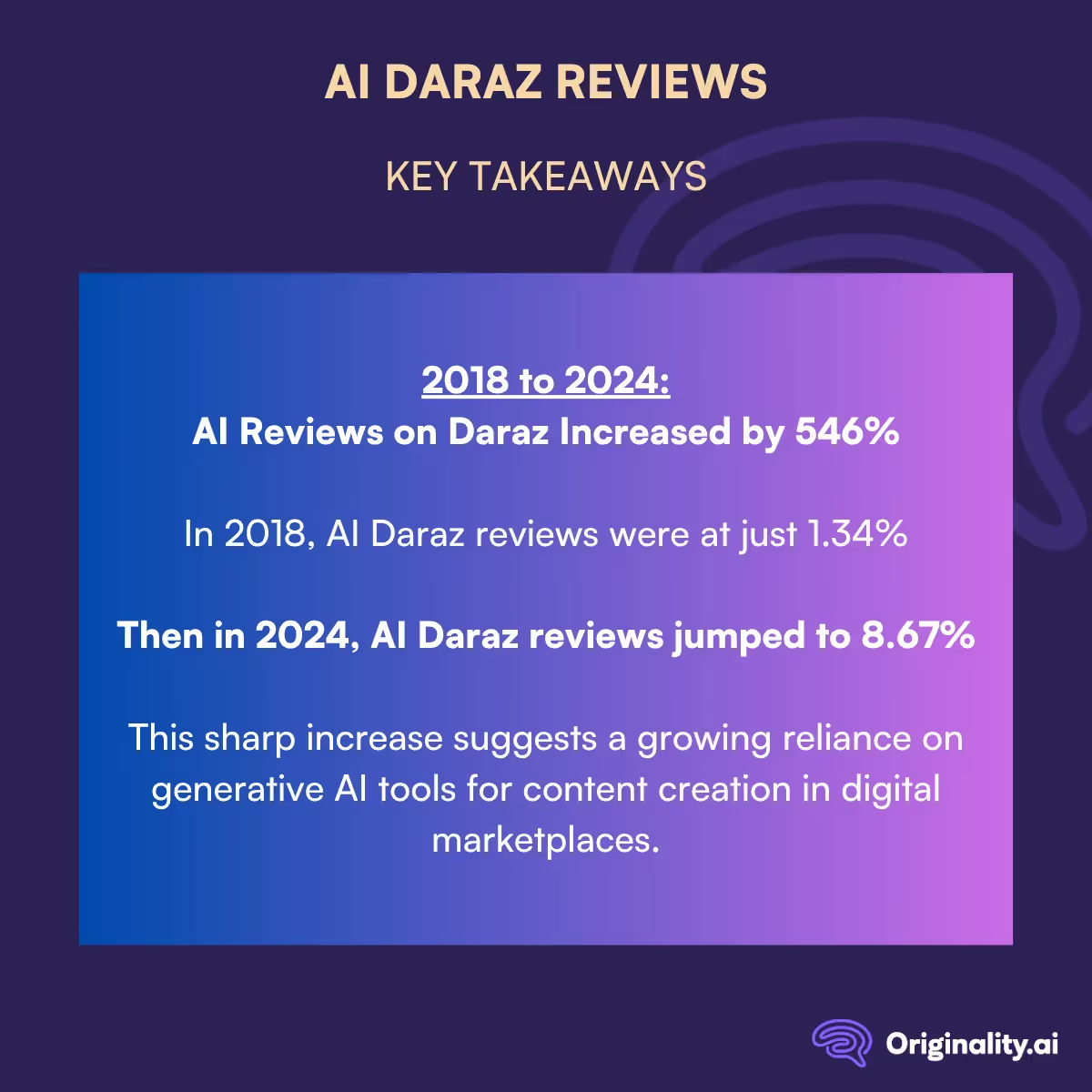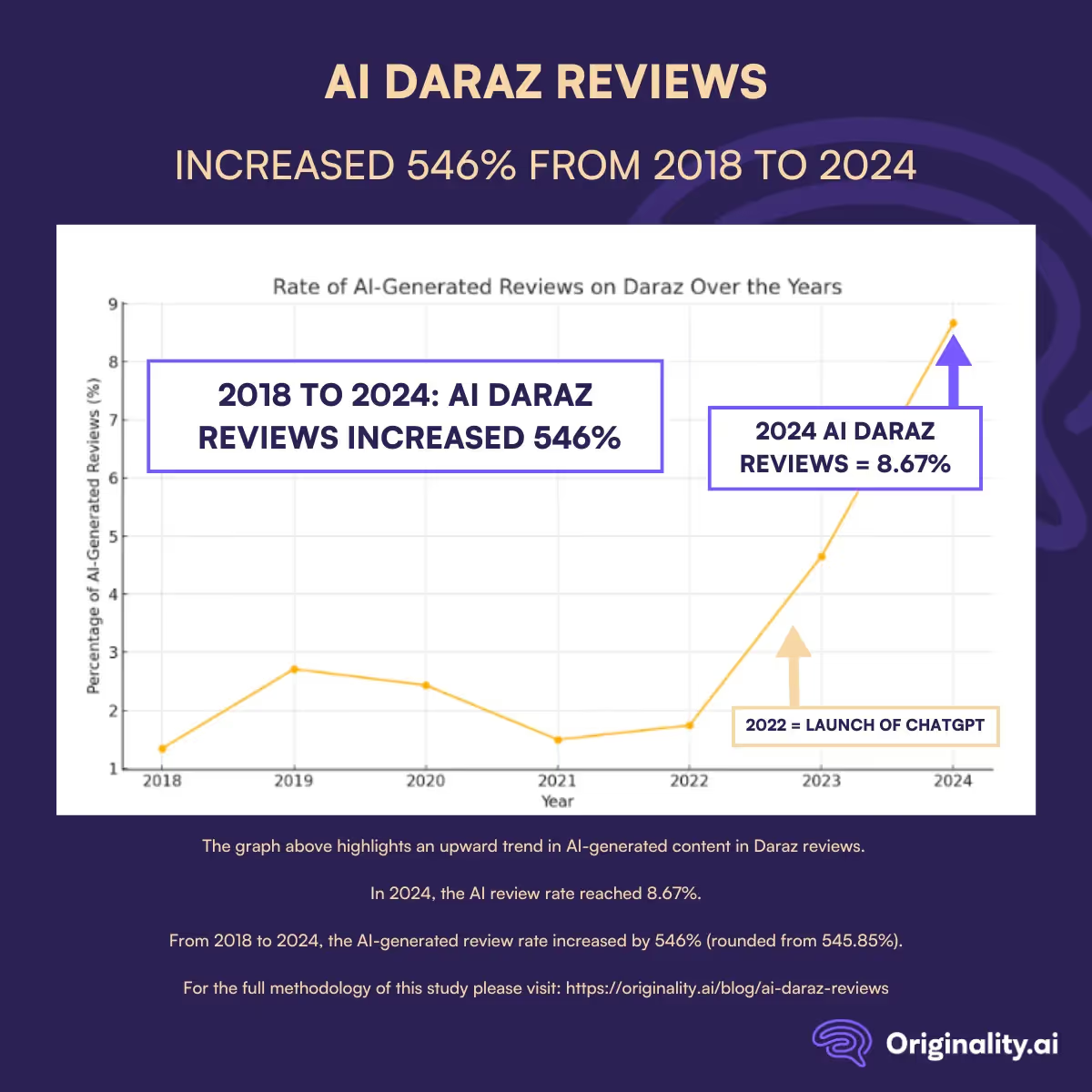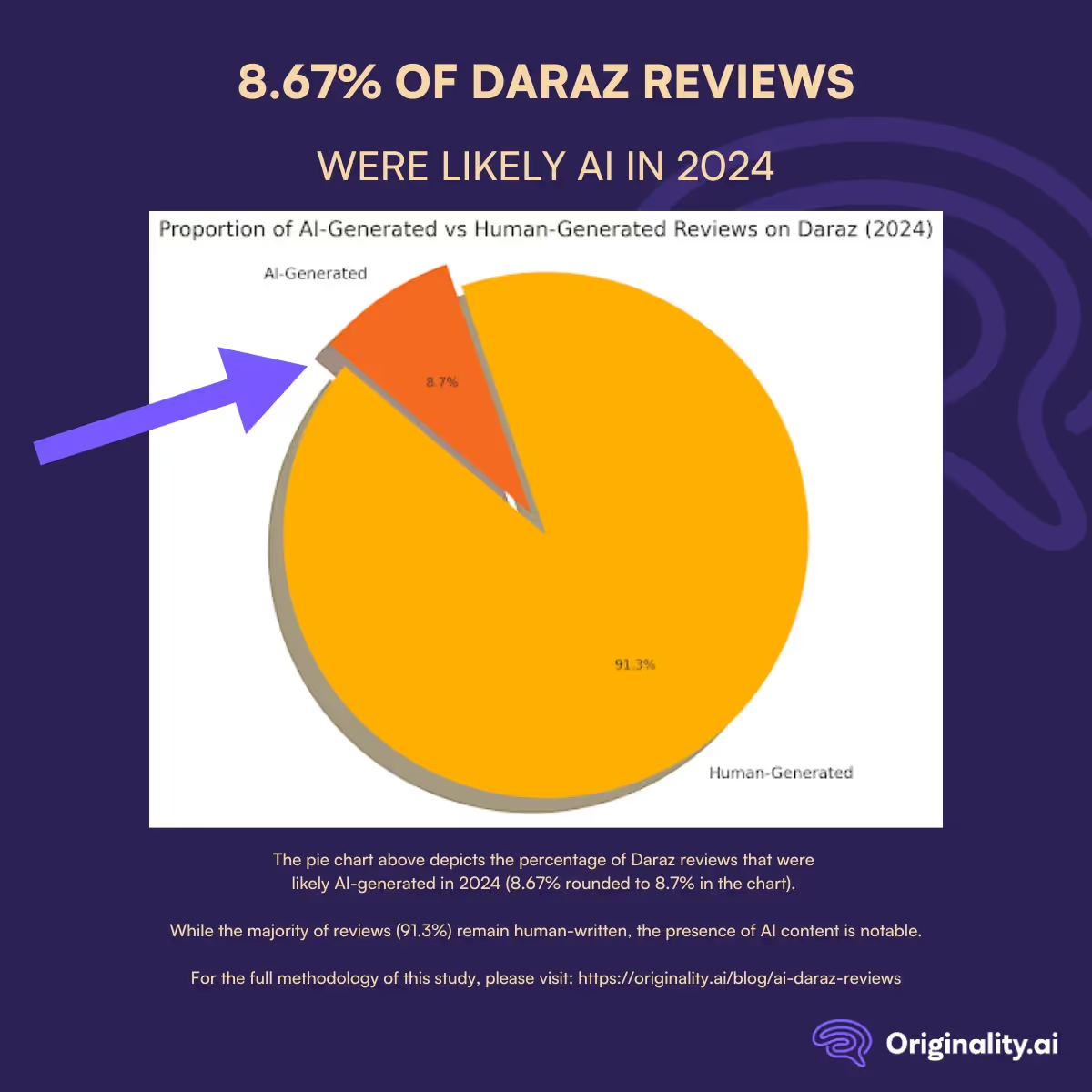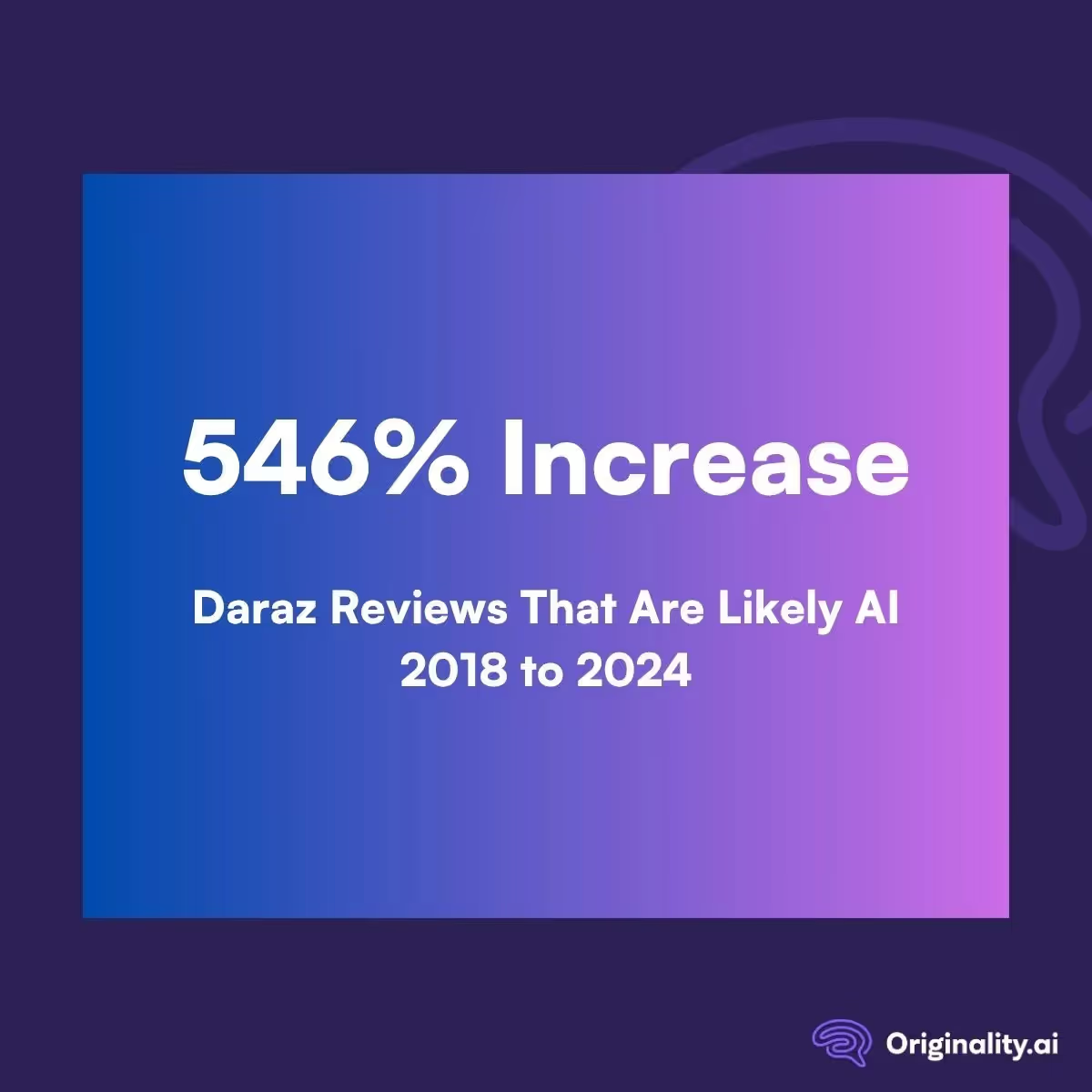Online shopping platforms like Daraz have changed how people evaluate products, with user reviews now playing a major role in purchase decisions.
Daraz is a leading South Asian e-commerce platform, according to its LinkedIn page.
Interestingly, the company’s LinkedIn notes that it was founded in 2015, which is when Daraz Group was officially established.
However, according to Crunchbase, Daraz’s founding year was a few years earlier, in 2012. This likely refers to when Daraz Pakistan was first launched as a smaller online retailer of fashion products (prior to the formation of Daraz Group).
Crunchbase also records that Daraz received a $55.6 million funding round in 2015 and that, just a few years later, Alibaba acquired Daraz in 2018 to further expand its e-commerce empire.
Since then, Daraz has continued to see success, reaching over 100 million app downloads on the Google Play Store.
Even better, the app has achieved an average rating of 4.5 stars.
However, the origins of those reviews and others across the platform are becoming harder to verify in the age of AI-generated content.
This study examines the rate of AI-generated reviews on the Daraz platform over recent years and explores its potential implications on consumer trust in digital marketplaces.
This study aimed to:


Our analysis of AI-generated reviews on Daraz reveals some notable trends from 2018 to 2024.
In 2018, only 1.34% of the total reviews on Daraz were flagged as likely AI-written, indicating minimal use of the technology at the time.
This relatively low percentage remained relatively stable (despite minor fluctuations) throughout the next few years, with only a slight increase to 2.71% in 2019, and minor decreases to 2.43% in 2020 and 1.49% in 2021.
However, a consistent upward trend appears from 2022 to 2024.
The rate of AI-generated reviews on Daraz, which was at 1.74% in 2022, jumped to 4.65% in 2023 and 8.67% in 2024.
From 2018 to 2024, AI-generated reviews on Daraz increased by 546% (rounded from 545.85%).

Most Daraz reviews are still likely human-written, accounting for 91.3% of total reviews.
Yet, a jump from 1.34% (in 2018) to 8.67% (by 2024) is significant.
What’s more, it mirrors similar trends of increasing AI-generated reviews on other platforms such as Flipkart, AliExpress, Shein, and Alibaba, suggesting a broader reliance on AI technologies across digital marketplaces.
This rapid growth could be attributed to a range of factors, including:
After all, the upward trend of AI-generated reviews on Daraz notably increased following 2022, the same year OpenAI first introduced ChatGPT to the world.
These changes have made it easier for users — and potentially automated systems — to generate and submit reviews, reshaping how feedback is produced and consumed on platforms like Daraz. However, this convenience may also introduce new challenges, especially for platforms trying to maintain consumer trust.

A 546% increase in AI-generated reviews on Daraz in recent years points to a growing reliance on automated content creation within e-commerce platforms.
However, as generative AI tools continue to advance and become even more accessible, they present potential risks to consumer trust and decision-making processes.
Many consumers depend on genuine peer reviews to make informed purchasing decisions, and AI just can’t replace real human experience. It can only copy or paraphrase other people’s reviews, which aren’t exactly helpful. Even worse, AI hallucinations and factual errors can further complicate things by misrepresenting product quality and reliability.
Over time, this can erode trust in both individual reviews and the platform itself. For marketplaces like Daraz, maintaining that trust can be essential to long-term user engagement
Therefore, those in the e-commerce space may increasingly need to implement robust AI detection and moderation strategies.
Without effective ways to identify and manage AI-generated reviews, there is an increased risk of losing that all-important consumer confidence, potentially impacting platform reputation and user engagement negatively.
This study highlights that the presence of generative AI content is growing in online marketplaces like Daraz, especially over the past few years.
The sharp rise in AI-generated reviews on Daraz from 2018 to 2024 is something that can be mitigated with the right strategies in place.
To help avoid issues with AI reviews, Daraz and similar platforms should consider:
As generative AI tools become even more advanced, it’s important for e-commerce platforms to be proactive, not reactive. Not just to preserve the integrity of their review systems, but to maintain the trust of customers who rely on them.
Do you know if you’re reading human-written or AI-generated reviews? Use Originality.ai’s AI Detector to spot the difference today.
Read more about how AI has impacted other platforms:
This study uses a data-driven approach to measure AI-generated reviews on Daraz from 2018 to 2024. The dataset includes user reviews with timestamps and binary labels indicating whether each review is likely AI-generated, based on a pre-trained AI detection model.
Timestamps were standardized to extract publication years, and data was cleaned to remove invalid entries. Reviews were grouped by year to calculate the annual percentage of AI-generated content.
A line chart visualizes trends over time, while an exploded pie chart shows the 2024 breakdown of AI vs. human-written reviews. Data processing and visualizations were done in Python using pandas and matplotlib.
The study highlights the rise in AI-generated content over time and offers a replicable method for analyzing review authenticity across platforms.

MoltBook may be making waves in the media… but these viral agent posts are highly concerning. Originality.ai’s study with our proprietary fact-checking software found that Moltbook produces 3 X more harmful factual errors than Reddit.